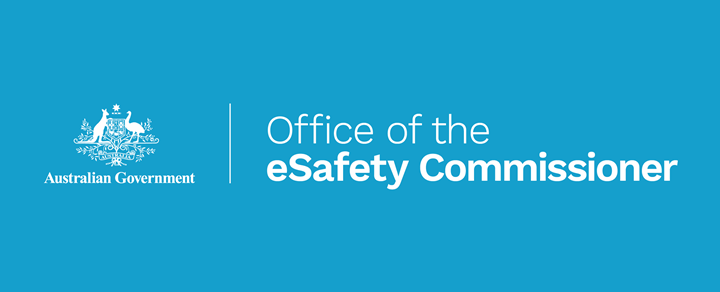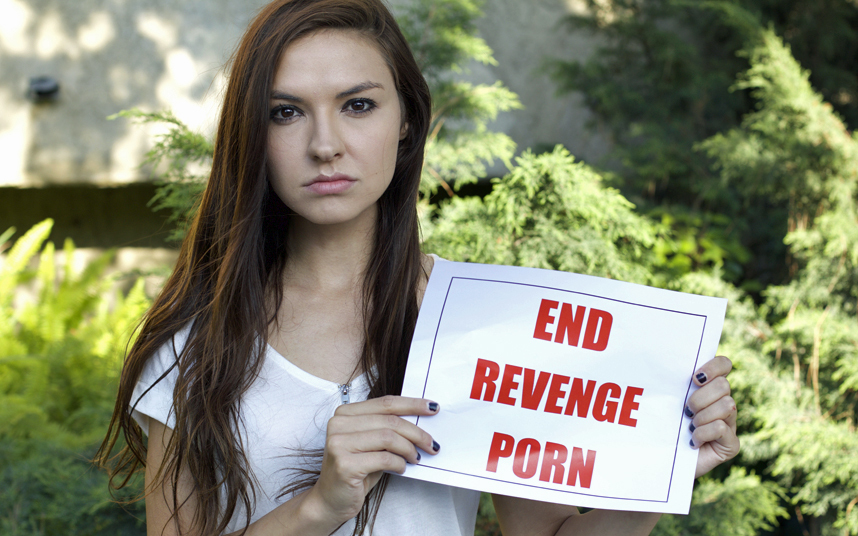Facebook knows sometimes things don’t work out

It’s really common for us to share our intimate photos with our partners in this digital era. And totally fine but things don’t always work out and you may end up on bad terms. So, some good-guy-turned-creep person will try to get back at you. Not by the conventional way of drawing a dick on your car, but by posting your explicit photos on Facebook for the world to see. Sure, you can report it and most likely it’ll be taken down. While doing that almost everyone you know might have seen them. That trauma leaves a permanent dent in many Americans’ lives.
What’s the solution?
So does that mean you should never ever share any of your pics with the person you’re dating? In the fear of, just in case he or she’ll post them online to get back at you? That is not the solution here. Say, what if you can prevent all that by posting your explicit pics on Facebook. But who the hell in their right mind would wanna do that? That’s what Facebook is testing in Australia partnering with Office of the eSafety Commissioner.

Basically, Facebook says
In the old days, people, instead of sharing photos digitally they used photographs. If some creepy guy gave a newspaper to publish those photos. He’ll probably get a VERY interesting rejection letter from the publication. And of course, they won’t be published. Now think of that publication as Facebook and that one creepy guy as one billion users. Sure, Facebook can handle a couple hundred of these creepy beings. But they can’t get each and every one of them.
Wait, Facebook still has my photo
That’s why in the current testing if you give Facebook your explicit adventure. It’ll make sure, that photo will never see the daylight. Still, I don’t trust Facebook THAT to just give them my pics, thinking the databases will never get compromised. The good news is, Facebook won’t actually store your photo, just a digital footprint or hash of the photo. Then that data can be used to train the AI filter to make sure that photo or related photos will never get through. At least that is the current plan, prevention is better than the cure.

Facebook took a step in the right direction
This thing was much needed as it’s not just one or two people get affected by adversaries of revenge porn. According to Data Society, 10% of women under 30 or 4% of all Internet users were threatened by someone. At least once last year someone threatened to post their explicit photos online. Facebook recently shut down a private group called “Marine United”. The group had over 30,000 members, many of them were active-duty marines. Group members shared nude pics of their female colleagues up there. And that’s just so over the line that they can’t even see the line, the line is a dot to them (F.R.I.E.N.D.S. was one great show).
But with its own flaws
While this is a step forward, it has some major flaws. Digital forensics experts stated their concern that while Facebook is not storing the image itself. The image is still being transmitted and processed leaving a trail of forensic evidence in the memory. And potentially on the disk, like metadata and thumbnails. It’s literally their job to recover data from the trail. And you can’t say no forensic expert will ever be/help anyone in doing that.
The AI filter Facebook is relying on isn’t foolproof either. It can be fooled as shown by hackers and researchers alike from time to time. That works either by two of the approaches, make the system think it’s someone else or just a bunch of noisy geometric shapes. Facebook will test this later on in Britain, United States, and Cannada. Would you like to use it or not? Comment DOWN THERE!
